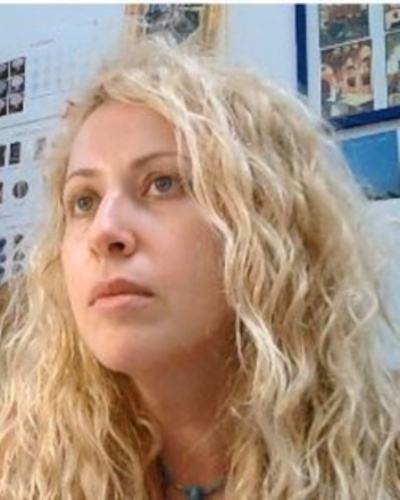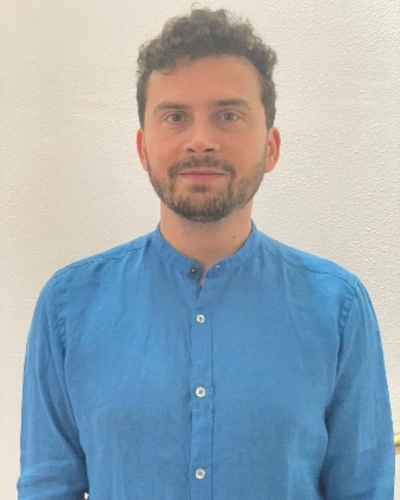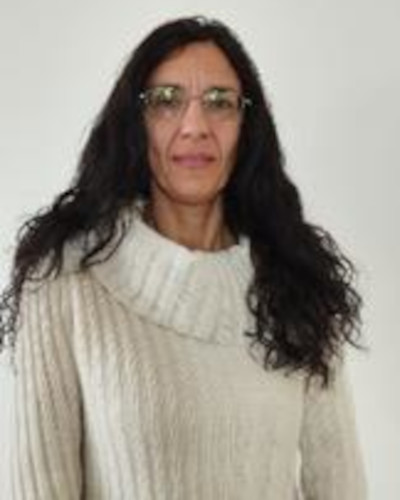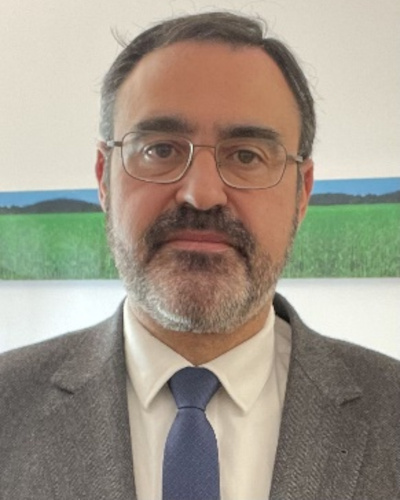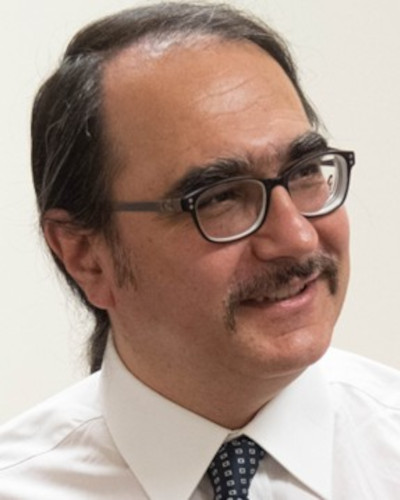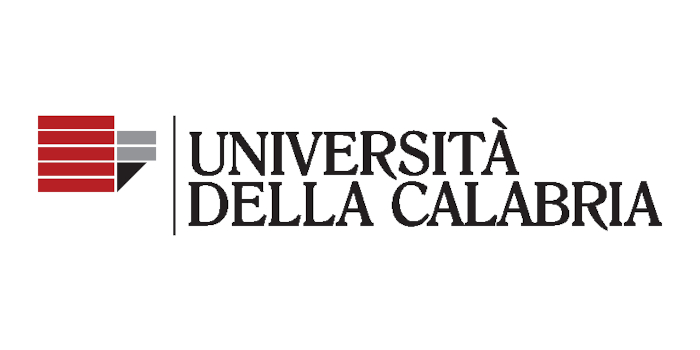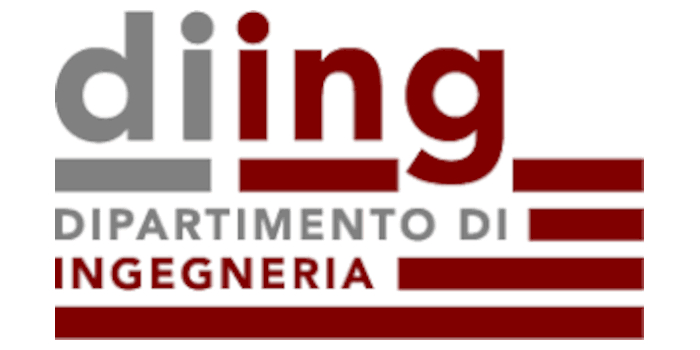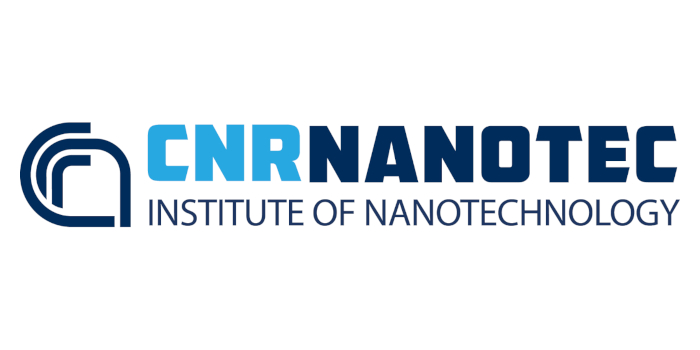SPECIAL SESSION #15
Advanced Mathematical and mechanical models, experimental approaches and data analysis for Structural Health Monitoring (SHM) and Environmental Monitoring Systems
ORGANIZED BY
Michele Betti
Department of of Civil and Environmental Engineering (DICEA) University of Florence, Italy
Anna Castellano
Department of Architecture, Construction and Design (ARCOD) Polytechnic University of Bari, Italy
Francesco Clementi
Department of Civil and Building Engineering, and Architecture Polytechnic University of Marche - UnivPM, Italy
Mariella Diaferio
Department of Civil, Environmental, Land, Construction and Chemistry Engineering (DICATECh) Polytechnic University of Bari, Italy
Salvador Ivorra Chorro
Dept. Ingenieria Civil Grupo de ensayo, simulación y modelización de estructuras (GRESMES) University of Alicante, (Spain)
Aguinaldo Fraddosio
Department of Architecture, Construction and Design (ARCOD) Polytechnic University of Bari, Italy
SPECIAL SESSION DESCRIPTION
The proposed special session aims to be a solid reference of the technical community to present and discuss the latest results of scientific and technological research for the living environment, with a focus on physical-mathematical modelling with particular attention to applications and new trends in Structural Health Monitoring (SHM) and Environmental Monitoring Systems.
The main goal is on, but not limited to, mathematical models and new technologies for the design, construction, and monitoring, but also on innovative solutions based on the IoT paradigm, BIM, sensors, signal processing, data analysis, artificial intelligence, remote sensing, and sensor networks.
Relevant in the present session is the definition of mathematical models based on differential equations, able to simulate the events to be monitored with the aim of preventing their occurrences, minimizing the computational cost of the numerical simulations and optimizing the data processing.
Studies and research of interest for this special session concern the development of new theoretical methods and experimental approaches for acquiring, processing, and interpreting data with the purpose of designing and implementing innovative Monitoring Systems. In particular, the topics here addressed include operational and experimental modal analysis of structures, dynamic characterization of structural damage, model updating, uncertainty quantification, advanced sensing technologies (MEMS, drones, radar, satellites, smartphones, etc.), and data science techniques (artificial intelligence, neural networks, etc.).
ABOUT THE ORGANIZERS
Michele Betti, Ph.D., is Associate Professor of Mechanics of Solids and Structures at the School of Engineering, University of Florence (Italy), where he received his PhD in Structural Engineering in 2001. His research interests focus on the characterization and identification of the static and dynamic behavior of masonry structures (and wooden elements), paying attention to the topic of Structural Health Monitoring of heritage structures (towers, domes, buildings, etc.). Recent activities include the set-up of quality-based automated procedure with adaptive tracking for operational modal analysis, data analysis for long-term Structural Health Monitoring (e.g. masonry towers, offshore steel platforms, trees, etc.) and Bayesian-based modal updating procedures through the use of surrogate models. He has authored more than 140 scientific papers in peer-reviewed international journals and conference proceedings (H-index 32 Scopus), and 3 books, and is partner-founder of Kobe Innovation Engineering (University of Florence spin-off company) which is involved in monitoring, structural assessment and numerical modeling for decision making of structures and infrastructures.
Anna Castellano, Ph.D., is Senior Assistant Professor of Solid and Structural Mechanics at Polytechnic University of Bari. She received the master’s degree in “Building Engineering” and the Ph.D. degree in “Mechanics of Solids and Structures” at the Polytechnic University of Bari, Bari, Italy, in 2008 and 2011, respectively. She is Associate Editor of “Journal of Nondestructive Evaluation, Diagnostics and Prognostics of Engineering Systems” (journal of ASME The American Society of Mechanical Engineers), and member of editorial board of international journals. She has received the “Best Paper Award for ASME JNDE 2021” for the research paper “Linear and Nonlinear Ultrasonic Techniques for Monitoring Stress-Induced Damages in Concrete”. She teaches courses on the "mechanics of solids and structures", on the "mechanics of composite materials", and on "advanced ultrasonic tests for the mechanical characterization of materials". He is a member of national and international scientific societies. Her research activity concerns the field of solid and structural mechanics, and in particular: experimental mechanics, linear and non-linear ultrasonic approaches, acoustoelasticity, damage mechanics, composite materials, dynamic identification of structures, mechanics of masonry arches and vaults, reinforced masonry structures.
Francesco Clementi, full Professor of Solids and Structural Mechanics at UnivPM. Previously, Associate (2019-2024) and Assistant Professor (2012-2019), UnivPM. Reviewer for more than 250 papers in about 90 journals and 10 conferences. Editorial Board member in 12 journals and 12 congresses, and organizer of more than 20 mini-symposia in international congresses. He has been a lecturer in 8 summer/winter schools focusing on seismic vulnerability, structural consolidation of historical/monumental structures, and SHM (Structural Health Monitoring). He has developed research and teaching activities at the Universities of Ancona, Camerino, Lublin and Sao Paulo. Since 2019 he is member of Member of board of “Accademia Marchigiana di Scienze, Lettere ed Arti, Classe I”. He was (2019-2021) Deputy manager of the Laboratorio Ufficiale Prove Materiali e Strutture of the Department of Civil and Building Engineering, and Architecture (DICEA), faculty of Engineering, UnivPM. He was (2021-2024) Member of the Board of the Italian Society of “Scienza delle Costruzioni” (Solids and Structural Mechanics) (SISCo). He was participant in several national and international projects (FP6, FP7, PRIN, Pompei Project, etc.).
Mariella Diaferio, is Associate Professor of Structural Engineering at the Politecnico di Bari. She attained the Ph.D. in Structural Engineering by discussing her doctoral dissertation entitled “Non-Linear models for suspended elastic structures”
She has authored more than 100 scientific publications on national and international journals and proceedings in the field of Structural Engineering, she has investigated topics related to seismic behaviour of structures, study of seismic devices, damage detection, dynamic identification, vulnerability and damage assessment in historical buildings, non-linear dynamic analysis, non-destructive tests on structures, retrofitting interventions on buildings. She has designed and performed several experimental campaigns: characterization of seismic devices, shaking table tests, static and dynamic tests on several historical buildings, static tests on specimens. She has been a member of research groups of many projects characterised by collaborations at national and international level in the field of design criteria for structures subjected to natural hazards, analysis of vibrations in civil engineering structures, ground-structure interactions, seismic protection of buildings, modelling and experimentation of materials and structures, wind effects on structure, structural monitoring of historical buildings.
Salvador Ivorra, full professor in the area of Continuum Mechanics and Structure Theory at the University of Alicante's Department of Civil Engineering, is a researcher responsible for the research group in structure test, simulation and modelling. He holds a PhD in Industrial Engineering (Mechanical Engineering) from the Polytechnic University of Valencia.
His research activity has been focused on the dynamic behaviour of structures and structural reinforcement, and he has devoted an important part of his research to the structures belonging to the historical heritage.
Up to June 2024, he is the author of 85 scientific articles, 78 of them in JCR-indexed journals, more than 135 presentations at conferences, and the director of 20 doctoral theses. From the bibliometric analysis of Scopus between 2002 and 2024, his h-index is 31. He has participated in 30 competitive research projects, in 18 as principal investigator, and in more than 200 research and technical assistance contracts with public bodies and private companies. He has been responsible for the coordination of the project financed by €2m in FEDER funds for the construction of the UA Civil Engineering Research Laboratory.
He was awarded the Teaching Excellence Award by the University of Alicante Social Council in 2010. In 2015, the Kiss Bridge pedestrian footbridge in Pilar de la Horadada (Alicante), which he co-designed, was nominated by the FIB as one of the best concrete works in 2009-2014. In 2002 he co-designed the Polytechnic Tower in Valencia, the highest tower which was completely FRP-developed in Europe in this period. In 2019 he received the prize of the Association of Structural Consultants for the intervention project in the "La Paz" masonry chimney. In 2019 he received the Outstanding or Productive Young Researcher Award from the Latin American Association for Quality Control, Pathology and Construction Recovery (Alconpat).
Aguinaldo Fraddosio, Ph.D., is an Associate Professor of Mechanics of Solids and Structures at the Polytechnic University of Bari and a structural engineer.
His research focuses on fundamental and applied problems in the mechanics of solids and structures, paying particular attention to the theoretical and experimental aspects: stability and bifurcation in finite elasticity; ultrasonic testing for the mechanical characterization of materials and acoustoelastic stress measurements; structural analysis and strengthening of historic masonry constructions; tensegrity structures; innovative approaches to the dynamic identification of structures; and impact dampers for the seismic protection of structures. He has authored more than 100 publications on these themes and presented his research at national and international conferences. Furthermore, he has been the Principal Investigator and has participated in several national and international research projects and contracts. He teaches on bachelor's, master's and PhD degree programmes in architecture and engineering, and has supervised a large number of bachelor's, master's and PhD theses. He has served on the Board of Directors and the Academic Senate of the Polytechnic University of Bari and is a member of the National Agency for the Evaluation of Universities and Research (ANVUR).


